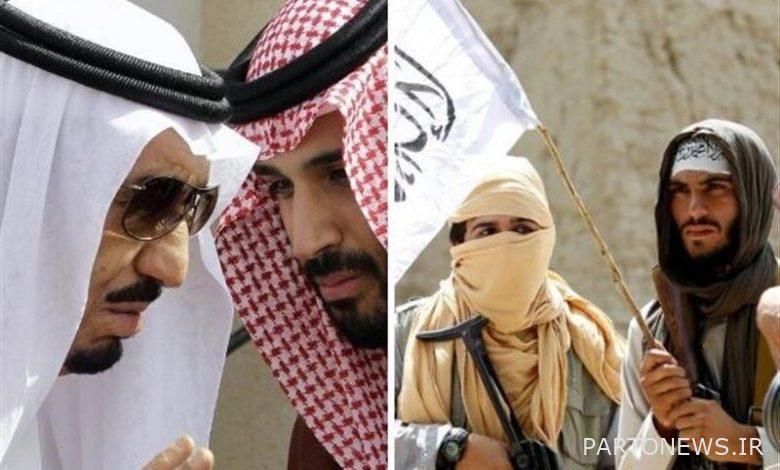Gulf Online: Saudi Arabia seeks new role in Afghanistan

Al-Khaleej Online, a news website close to Qatar’s policies in the region, announced in its issue today (Wednesday) that Saudi Arabia is seeking a new role in Afghanistan after the Taliban came to power. Pakistan turned to him for help.
Following the Taliban’s takeover of Afghanistan in mid-August, Saudi Crown Prince Mohammed bin Salman last week telephoned Pakistani Prime Minister Imran Khan to discuss developments in Afghanistan.
“Saudi Arabia has used its regional ally, Pakistan, to strengthen ties with the Taliban and gain influence in the movement,” the Middle East Eye, which covers Middle East events, wrote.
“As usual, there are ongoing follow-up contacts between Islamabad and Riyadh,” the website quoted Gerald Wirstin, a retired US ambassador and expert at the Middle East Research Center, as predicting that more talks between Saudi Arabia and Pakistan in Especially Afghanistan.
Saudi Foreign Minister Faisal bin Farhan unexpectedly left for Pakistan last July, the same month that US forces secretly left Afghanistan’s Bagram Air Base.
Also last August, a meeting took place between Fayyaz bin Hamid Al-Rawili, Chief of the Joint Chiefs of Staff of the Saudi Army, and the Prime Minister of Pakistan, Imran Khan.
On the other hand, according to the French website “Intelligence Online”, which specializes in security issues, the Saudi Crown Prince recently commissioned Turki Faisal, the former head of the Saudi intelligence service, to resume contacts with Taliban leaders. Mohammad bin Salman, meanwhile, has interacted with Taliban leaders for more than two decades.
According to the report, Turki Faisal recently met with Mullah Yaqub, the son of Taliban founder Mullah Omar, and also held meetings in Qatar with Mullah Abdul Ghani, the brother of the Taliban’s political bureau chief.
It should be noted that 76-year-old Turki Faisal was the head of the Saudi intelligence service from 1979 to 2001, and during the last two decades of the seventies and eighties, he was one of the factors mobilizing the Arab world’s support for the “Afghan Mujahideen” against the former Soviet Union. Went.
During the occupation of Afghanistan by the former Soviet Union, Saudi Arabia played a major role in sending combat troops to Afghanistan from among its compatriots and other countries, and in this regard provided travel tickets and permanent airlines to Peshawar and Islamabad, and the committee Launched Saudi aid to serve Arab and Afghan fighters in Peshawar and Afghanistan.
After the Taliban took control of much of Afghanistan and announced the formation of their preferred government in 1996, no country except the Saudi Arabia, Pakistan and the UAE recognized the Taliban. In May 1997, they recognized the Taliban.
Riyadh decided to sever ties with the Taliban in September 2001 and expelled Mawlawi Matiullah, the charge d’affaires of the Afghan embassy and the Taliban representative at the time.
“Saudi Arabia, like the United Arab Emirates, is looking for a role in the future of Afghanistan,” political analyst Mahmoud Alloush told Al-Khaleej Online.
Alloush believes that Saudi Arabia and the UAE do not want to be marginalized in the new situation while their rivals in Afghanistan are gaining ground.
According to this political analyst, Saudi Arabia and the UAE are afraid that if they are not present in Afghanistan, the activities of armed groups in the region will increase and their security will be threatened.
.

